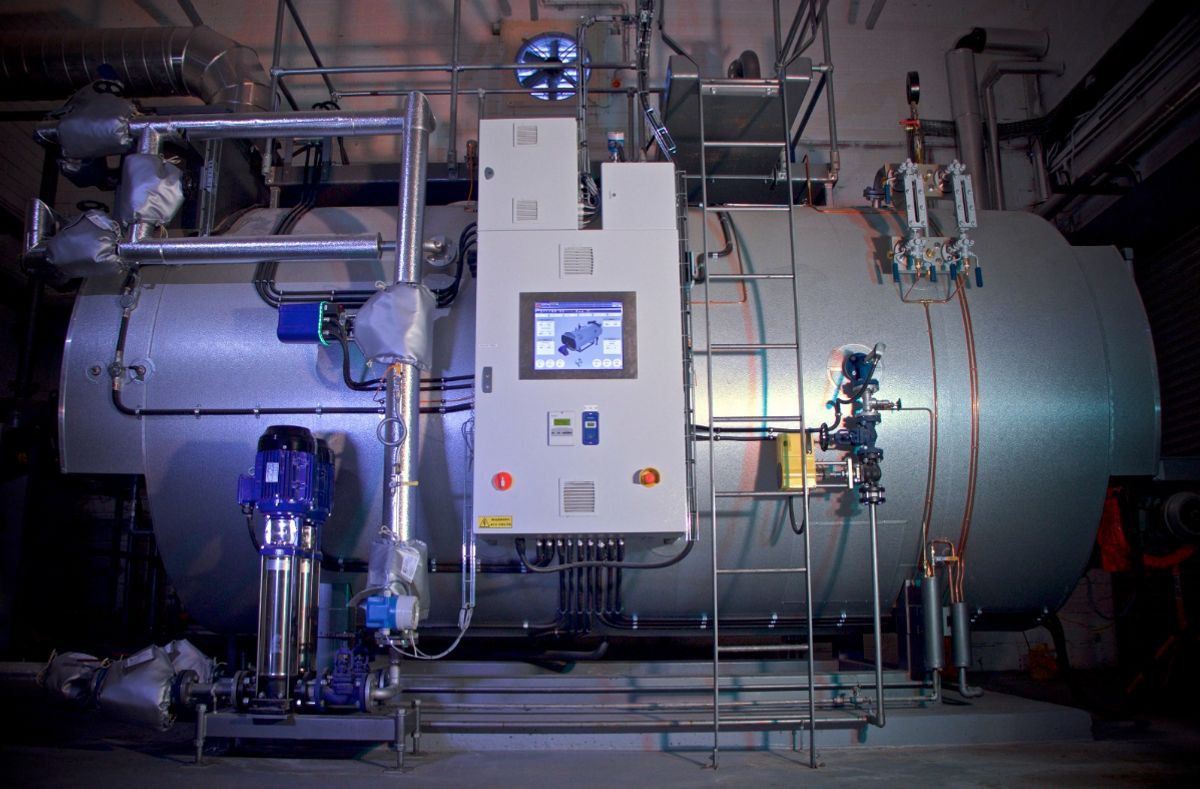Steps to a more efficient boiler
Boilers are often overlooked in terms of maintenance and performance. Furthermore, many businesses run old and inefficient boiler systems. As a result, an efficient boiler is an easy place for businesses to save money.
There are two main areas where a boiler can lose efficiency: expelled flue gases and boiler water. If you ensure that your boiler expels the least amount of energy to your flue and you are maximising the use of your boiler water, you will save money.
Here are 10 ways to Get an Efficient Boiler
1. Cleaning
Clean the fireside of your boiler. This will ensure that soot or ash build up is not reducing your heat exchange capacity. Soot effectively insulates the boiler tubes and reduces efficiency. Boiler efficiency is also impacted when the boiler isn’t getting the right amount of air.
2. Water Treatment
Poorly treated water will destroy your boiler and your steam distribution systems. If boiler water is too hard or treated improperly, or the boiler isn’t being blown down regularly, scale will accumulate on heat transfer surfaces. This scale will impede the heat transfer, reducing your boiler efficiency . The scale will also keep the water from cooling heat transfer surfaces. If left untreated, scale can cause the boiler to overheat, leading to costly boiler repairs and leaks. Regular manual testing or online water and efficiency testing can detect problems before they escalate and restore the efficiency of the boiler.
3. Control air settings
Optimise oxygen for differing conditions. Low air generates soot, smoke and carbon monoxide, all of which are very dangerous and cause reduced heat transfer. Too much air also reduces efficiency as the extra air is cold when acquired and has to be heated, which increases fuel use and reduces efficiency. In some cases, this may require sensors to be fitted and burner replacement. However, the investment may generate significant payback and savings, all which can be sustained well into the future.
4. VSD Controls
Use VSD Controls. If your boiler fans, boiler pumps and burners are not controlled by VSDs, the likelihood is that you are wasting energy. Quite simply, significant savings can be made by using VSDs instead of dampers or valve controls. An efficient boiler with modern control systems can optimise these savings while ensuring your system can meet all its load requirements.
5. Fully utilise flue gas heat
Use a specifically designed economiser. If you are sending excess heat up your flue, your boiler is not running to its optimum efficiency. Modern controls can help reduce heat loss. However, the best solution is a specifically designed economiser for your flue gas system.
This can be used to preheat your feedwater or to displace some other hot water load in your process. A well-designed and professionally installed economiser can reduce fuel costs by 5-10%.
6. Maximise your condensate return
There are a few ways to maximise your condensate return. Advantages include reduced water treatment costs, reduced energy consumption, reduced waste water and reduced fresh water usage. You can maximise your condensate return by:
- Ensuring your steam trapping is working optimally
- Replacing direct steam heating with indirect steam heating
- Considering a pressurised condensate system.
7. Insulate
Ensure proper insulation. Insulation on your boiler, on your valves and on your pipework deteriorate over time or are removed and not replaced properly after maintenance. Poor or improperly fitted insulation can significantly impact energy efficiency and maintenance costs and effect the overall operability of the system.
8. Blowdowns
Fit a controlled blowdown system. Blowdowns are fundamental to good boiler operation as the process removes impurities from your steam boiler and minimises scale build-up. However, blowdowns are often not properly controlled and are frequently implemented unnecessarily. Fitting a controlled blowdown system which monitors the conductivity of your boiler water will stop you pouring valuable steam down the drain and ensure that you are controlling the conductivity of your steam effectively.
9. Control your Steam Load
Peaky steam loads can hurt your boiler. Sudden changes to the steam load can cause carry-over which occurs when the boiler steam system pulls water from the boiler along with steam. This can damage pipes, valves and instrumentation. Peaky loads can often cause boilers to quench on high and low water levels and affect your production.
10. Air Preheating
It is recommended to pre-heat your combustion air. A boiler takes cold air and heats it. A 5 O C lift in input air temperature can increase the efficiency of a boiler by 1%.
Business Boiler Replacement
If you are suffering from several of the above issues, the best option may be to upgrade your boiler with a biomass boiler that facilitates the recommendations made above. If replacing a boiler, it is imperative that you correctly size and specify the boiler and ensure that your water treatment is effective. It is also important to use a competent installer and designer. To learn more about optimizing biomass boiler performance , read our report that shares 6 ways to do just that.





